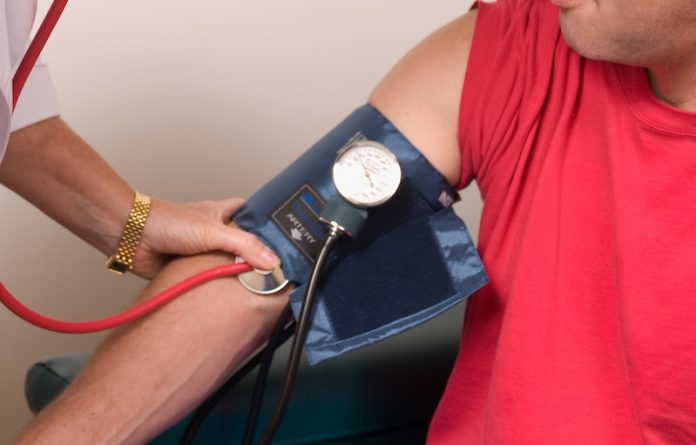
A recent study from Geisinger Medical Center found people who are just beginning treatment for high blood pressure can benefit equally from two different classes of medicine – angiotensin-converting enzyme (ACE) inhibitors and angiotensin receptor blockers (ARBs).
But ARBs may be less likely to cause medication side effects.
While the class of blood pressure-lowering medicines called angiotensin-converting enzyme (ACE) inhibitors may be prescribed more commonly, angiotensin receptor blockers (ARBs) work just as well and may cause fewer side effects.
Currently, ACE inhibitors are prescribed more commonly than ARBs as a first-time blood pressure control medicine.
In the study, researchers analyzed eight electronic health record and insurance claim databases in the United States, Germany and South Korea that include almost 3 million patients.
These patients took a high blood pressure medication for the first time with no history of heart disease or stroke.
Both types of medicines work on the renin-angiotensin-aldosterone system, a group of related hormones that act together to regulate blood pressure.
ACE inhibitors lower blood pressure by blocking an enzyme early in the system so that less angiotensin, a chemical that narrows blood vessels, is produced, and blood vessels can remain wider and more relaxed.
ARBs block receptors in the blood vessels that angiotensin attaches to, diminishing its vessel-constricting effect.
The team says in professional guidelines, that several classes of medications are equally recommended as first-line therapies.
With so many medicines to choose from, this study could help provide some clarity and guidance to patients and healthcare professionals.
The AHA/ACC 2017 Guideline for the Prevention, Detection, Evaluation, and Management of High Blood Pressure in Adults says the primary medications for treating high blood pressure are thiazide diuretics, ACE inhibitors, ARBs, and calcium channel blockers as they have been shown to reduce cardiovascular events.
Physical activity and other lifestyle changes are recommended for managing all levels of high blood pressure, even if medication is required.
The researchers say that ARBs do not differ in effectiveness and may have fewer side effects than ACE inhibitors among people just beginning treatment.
But they cannot extend these conclusions to people who are already taking ACE inhibitors or those who are taking multiple medications.
If you care about high blood pressure, please read studies about which blood pressure number matters most, and this blood pressure drug may increase risk of sudden cardiac arrest.
For more information about nutrition, please see recent studies about how tea and coffee influence your risk of high blood pressure, and results showing vitamin D could improve blood pressure in people with diabetes.
The study was conducted by RuiJun Chen et al and published in Hypertension.
Copyright © 2022 Knowridge Science Report. All rights reserved.



